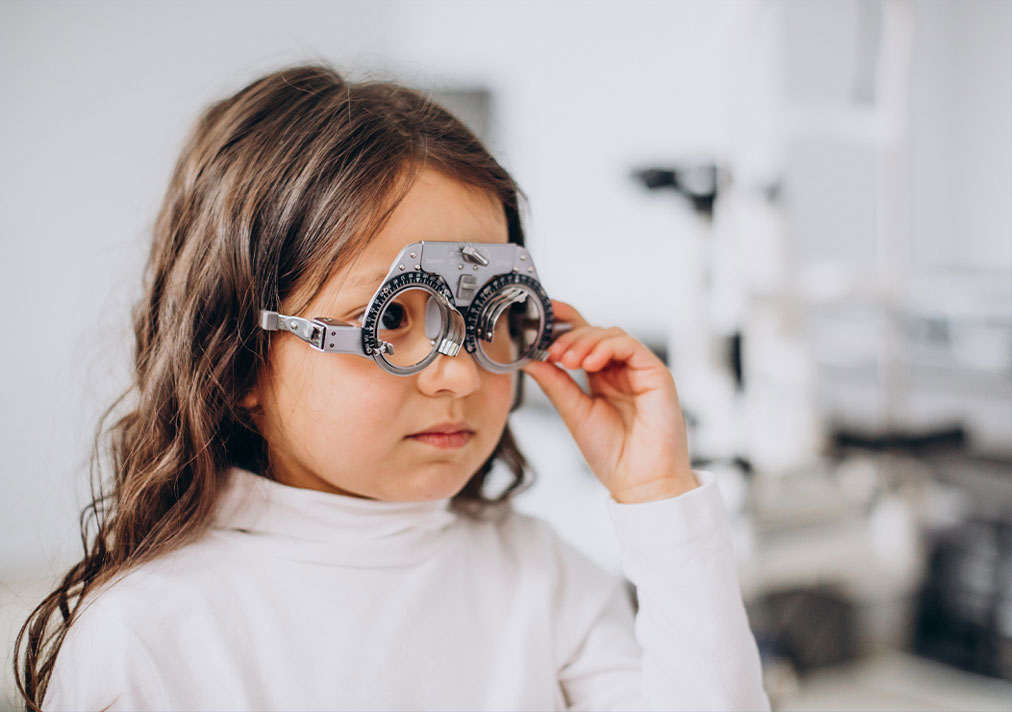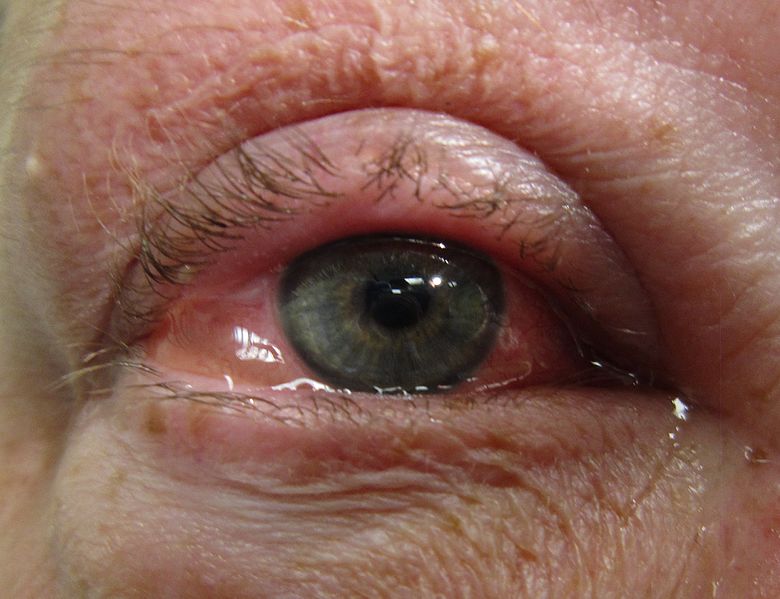Allergic conjunctivitis is a common and treatable eye condition that affects many people. The condition develops as a reaction of the outer eyeball lining, i.e., the conjunctiva, to things that are in the environment and to which it is allergic. Some environmental things are harmful to the eyes, like dust, pollen, and medications.
The time the eyes come into contact with these things containing allergens, the eyes become red, which leads to eye inflammation and watery and swollen eyes. It is to be noted that these pink eye symptoms are often confused with eye infection, but allergic conjunctivitis is not at all an infection, and also not contagious. It is best to consult the best eye specialist to get your eyes checked and to get them treated immediately.
People who suffer from allergic conjunctivitis must understand the condition clearly, as it is an eye condition characterized by conjunctival inflammation and often leads to sensitivity to light and discomfort. People with Thai conditions experience redness, watery eyes, itching, burning of the eyes, painful eyes, and swollen eyelids. The cause of allergic conjunctivitis is the allergens that trigger the condition, and it is of three types: acute, seasonal, and perennial.
- Acute allergic conjunctivitis is a type of condition that develops when the eyes are triggered by pet dander, whether cat or dog.
- Seasonal allergic conjunctivitis is a type in which the eyes get red or swollen or get irritated due to pollen during spring and summer.
- Perennial allergic conjunctivitis is a milder form caused by exposure to allergens, including dust mites, and occurs year-round.
Symptoms of Allergic conjunctivitis
This is a temporary condition in which you may have red, itchy and watery eyes. There is a constant burning sensation when you wake up in the morning along with puffy eyes. Sometimes people also have a watery nose. This is caused due to environmental factors.
There is another type of allergic conjunctivitis known as chronic allergic conjunctivitis which stays all year round. It is your body’s reaction to dust, animal dander and food, chemical scents and spices. The symptoms remain the same and your eyes become more sensitive to light changes. Sometimes, a certain medicine can also react and trigger the problem such as contact lens solution and even eye drops.
Causes of allergic conjunctivitis
Also termed as pink eye, allergic conjunctivitis is caused by viruses, bacteria, or allergens, and when the eyes come into contact with these environmental allergens, allergic conjunctivitis develops. When allergens come into contact with the eyes, a person’s immune system treats them as foreign substances. It releases large amounts of chemicals that cause inflammation of the eyes and lead to many symptoms. The condition is caused mainly by many common allergens:
- Pollen from grass and trees
It is a prevalent allergen, especially during the spring and summer seasons, and which majorly contributes to pink eye. These pollens produce significant discomfort for people, and among all, tree pollen is very irritating and leads to itchy and watery eyes.
- Dust mites
These are tiny creatures that live in household dust and trigger conjunctivitis. These feed on dead skin cells, need a humid environment and are common causes of indoor reactions.
- Mold spores
These are present indoors and outdoors; trigger reactions thrive in damp areas and are found in kitchens, bathrooms, and basements.
- Seasonal allergens
Some seasonal allergies also make a person more prone to pink eye, and different seasons have different pollen. For example, three pollen types are in spring, grass pollen is in late summer, and weed pollen is in late summer.
- Airborne allergens
There are many airborne allergens as well, like smoke, pollution, chemical fumes, etc, that cause pink eye condition.
- Pet dander
It is also an allergen to cats and dogs and is a common indoor allergen that can cause allergic reactions in individuals with sensitive eyes and lead to pink eye.
Allergic conjunctivitis prevention and precaution
Allergic conjunctivitis causes discomfort and irritation of the eyes and occurs when the eyes come in contact with the allergens listed above, which trigger the allergic reaction; understanding the condition is very much needed to take preventive measures appropriately that can help reduce the chances of developing these.
The best thing is allergen avoidance.
- Pollen can be avoided by monitoring pollen forecasts, trying not to go out, and limiting outdoor activities that will make you more at risk. Using air purifiers can also help you a lot.
- Dust mites can be avoided by using allergen-proof covers on pillows, beds, and mattresses, and by cleaning vacuum carpets to minimize dust accumulation/
- Pet dander can be avoided by limiting your contact with animals and keeping them far from your living space.
In terms of hygiene, it is best to
- Avoid rubbing your eyes
- Wash your hands regularly before itching your eyes to prevent allergies.
- Use RO water to clean your face and hands
- Avoid touching the eyes
- Change your pillow covers and bed sheets two times a week,
- Change your clothes after entering your home.
However, it is not possible to prevent the condition, but following allergic conjunctivitis precautions can reduce your risk of developing the same, maintain good eye cleanliness, and reduce exposure. These steps can help you avoid it effectively. If you have severe and persistent pink eye symptoms, then it is best to consult the best eye specialist for proper diagnosis, treatment, as well as guidance. Conjunctivitis is a common eye infection, but if left untreated, it can turn into a severe condition. Visit Eye-Q Eye Hospitals, one of the best hospitals, with a team of the best ophthalmologists who will guide you with preventive measures and help you manage allergic conjunctivitis effectively.
Treatment of Allergic conjunctivitis
Mostly the eye doctor will do an examination of your eyes apart from testing your skin and body for other kinds of allergies to understand the body’s reaction. In certain cases, the eye doctor may also advise for a blood test to check if the patient’s body is producing sufficient number of antigens to protect itself.
It is advised that one should keep the house and the atmosphere clean and dust-free. One should avoid rubbing eyes and it is advisable to use a cool compress to reduce inflammation and itchiness. The eye doctor may also advise you to use anti-inflammatory eye drops, eye drops that help to shrink congested blood vessels, steroid eye drops depending your condition.
There is no permanent cure for this disease it will trigger when the symptoms are unfavourable. Precaution is the best medicine.
At Eye-Q vision, we believe in providing eye care facilities at affordable prices because your vision is priceless.
Also Read– Age-Related Macular Degeneration




